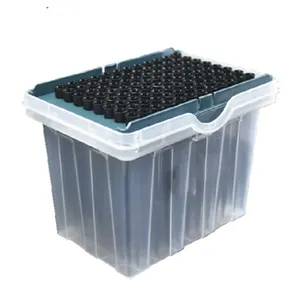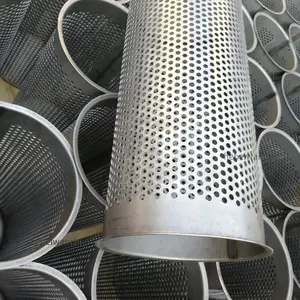
1000ul High Quality Plastic Disposable Dnase Rnase Free Perkin Elmer Automated Pipette Tips With Filter


Hot Sale Cylindrical Perforated Metal Mesh Filter/steel Perforated Metal Mesh Filter Round Hole Filt


200ul Yellow Universal Filter Pipette Tips






















Biodegradable filter tips are emerging as a sustainable option in the realm of smoking accessories and laboratory essentials. These products, crafted for environmental consciousness, cater to a growing demand for eco-friendly alternatives. Unlike traditional filters, these tips are designed to decompose naturally, reducing the ecological footprint of their usage.
The variety of biodegradable filter tips encompasses options such as roll paper and specialized filter tips. These are primarily made from organic materials that ensure the product's biodegradability. The materials are carefully selected to balance functionality with environmental responsibility.
These filter tips find their applications not only among smoking accessories but also in various laboratory settings. They serve as an eco-friendly alternative to standard filters, providing a sustainable choice for consumers and businesses alike.
The key features of biodegradable filter tips include their eco-friendly composition and the ability to decompose. This results in a reduced environmental impact, offering a significant advantage over non-biodegradable options. Additionally, these filters maintain the integrity of usage, ensuring that eco-friendliness does not compromise their primary function.
Selecting the appropriate biodegradable filter tips involves considering the specific application and desired rate of biodegradability. It is essential to assess the compatibility of these filters with the intended use to ensure optimal performance.
The adoption of biodegradable filter tips reflects a commitment to sustainability and environmental stewardship. By choosing these products, users contribute to a decrease in long-term waste and support a more sustainable future.